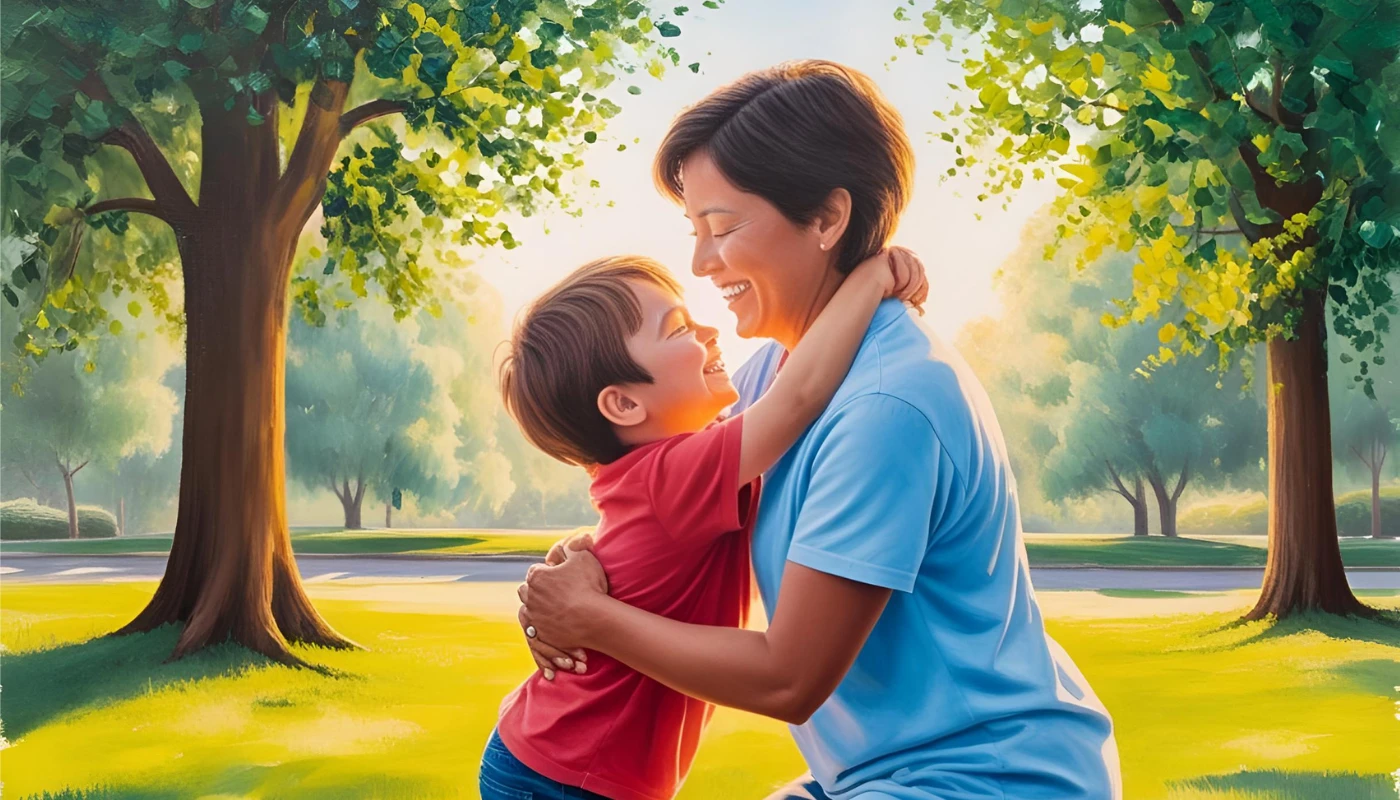

While play may seem like just a form of entertainment for adults, for children it is a path to learning, development, and understanding the world. During play, children not only enjoy themselves but also develop social, emotional, cognitive, and physical skills. 🚀
Through play, children explore the world, understand relationships between events, and learn cause-and-effect connections. For example, when building a block tower, they encounter concepts like balance, patience, success, disappointment, and trying again.
Play offers children a safe space to express their emotions. Imaginative scenarios allow them to convey fears, anger, joy, and even conflicts. This expression is vital for emotional well-being and the development of empathy.
Group play teaches children how to communicate, make decisions together, and solve problems. Skills such as waiting their turn, following rules, and respecting others' rights are internalized through playful experiences.
Active play, like running, jumping, or catching, supports the development of motor skills. It also improves muscle coordination, balance, and flexibility.
Play also helps children connect with their inner world. Sometimes imagining themselves as a doctor, a parent, or a hero, they explore and shape their identity through play.
Participating in your child’s play—or even just observing and supporting them—can make a huge difference in their development. Valuing their play, respecting their choices, and creating space for emotional expression helps them feel safe and validated.
Let’s remember: play is not just an activity—it is the most valuable stage where children rehearse for life. Providing them with space, time, and encouragement to play lays the foundation for their future social, emotional, and cognitive growth.
“Play is a child’s work; and playing is their most serious job.”